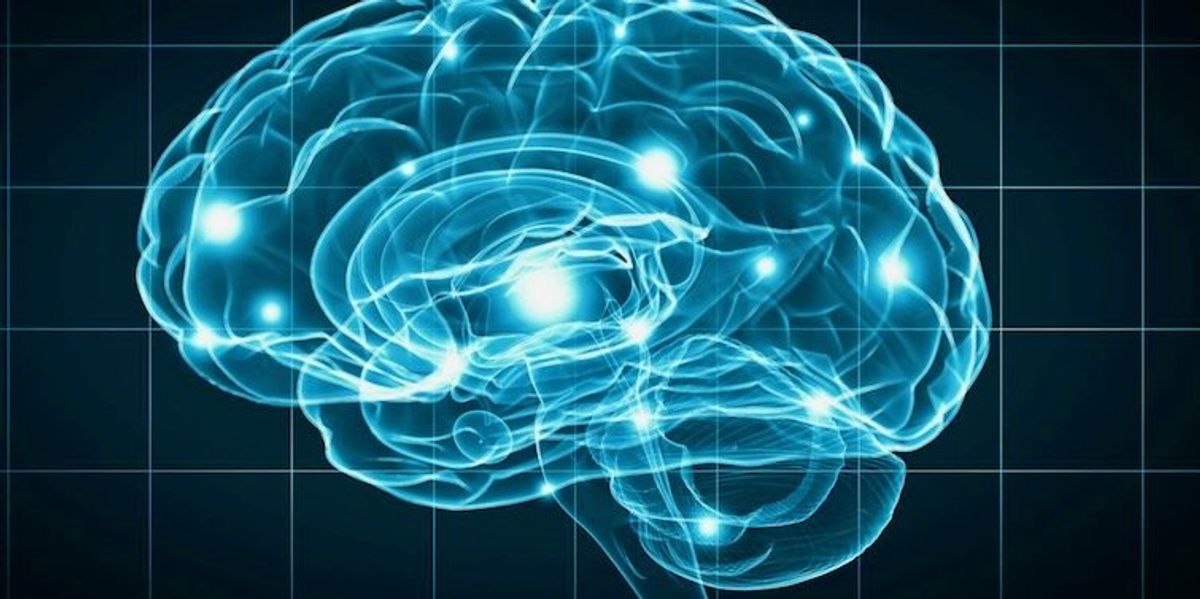The survey looked at two data sets, one with lesions and one without. They could reproduce the same patterns in both sets, making them believe the results were “real.”
He went on to say that the researchers had “cross-validation” in that they could see one dataset predicted fundamentalism scores for another.
“Lastly, we explored whether our religious fundamentalism brain network resembled the neuroanatomy associated with various neurobehavioral conditions,” he continued.
“The strongest similarities to the neuroanatomy linked with confabulation and criminal behavior,” he said.


Being good is relative.
True.